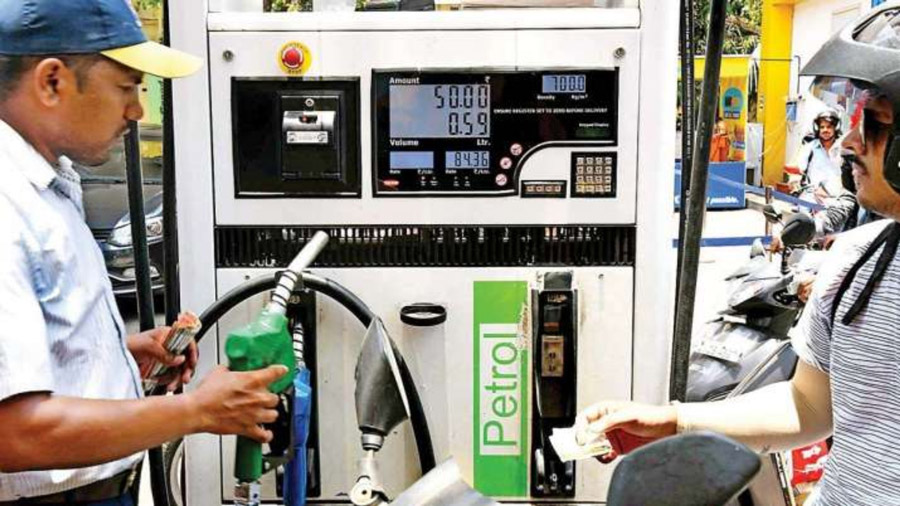
The tourism sector is one of the largest contributors to the country’s GDP and economy. For many years, it has been catering to the recreational needs of the people and providing jobs to hundreds of people. But lately, the tourism industry is grasping at straws.
Tourism sector was hit hard by the pandemic and nationwide lockdown and now the rising fuel prices have broken the backbone of tourism. Sadly, tourism has come expensive than ever and thus people are a bit reluctant to travel. Nothing worse than this could have happened to intensify the problems for the common man and tourists as well.
These strategies will have an immensely positive impact on the local communities. Also, the tourism industry should explore more options as sustainable sources of fuel that are not only economical but also efficient.

